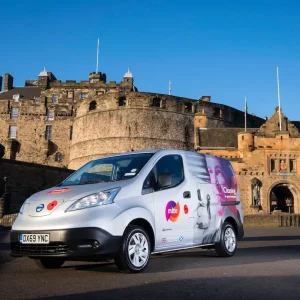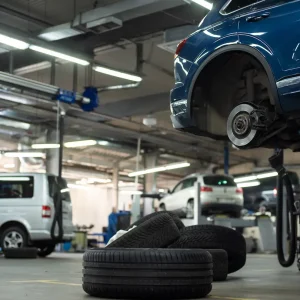There is one fiscal change due that, in the medium term, is likely to have more impact than any other, writes Rupert Saunders
It has been a long time coming but we should finally learn in this year’s Budget about the changes to capital allowances for business cars.
Most affected will be companies that buy their cars outright, but the proposals will also affect the balance sheets of all contract hire and leasing companies, so that means everybody who rents or owns a business car will see some change.
Just to recap, capital allowances give business tax relief for the depreciation in value of the car over a number of years. Because most business cars are run over a three-year cycle, the rate at which tax relief is given in the early years can have a significant effect on business corporation tax, especially for more expensive cars.
The Government is proposing to change the present fixed rate of 25% allowance a year to a rate based on CO2 bands. Cars emitting less than 120g/km will get 100% allowance in the first year, cars emitting less than 165g/km will get 20% a year, all other cars will get an allowance, as yet unspecified, but less than 20%.
In an ideal world all your business cars should emit less than 120g/km, allowing your company to write off the full cost of purchase against tax in year one. More likely is that smart businesses will migrate the majority of their fleet below the 165g/km margin.
“We expect that 165g/km will become a key benchmark,” says David Rawlings, automotive consultant at Deloitte. “Manufacturers are likely to respond to this. For example, anomalies may arise if a 170g/km car has a similar upfront cost as a 165g/km car, but with a downside tax burden.”
|
“The Government is proposing to change the present fixed rate of 25% allowance a year to a rate based on CO2 bands.” |
|
Rupert Saunders |
His conclusion is that “companies will need to seriously consider what type of cars they allow employees to drive as the increased cost hits home”.
But the proposed changes to capital allowances have another, less obvious, significance: they introduce a new business car tax band that the Government could use again in the future. Speaking at a CAP seminar late last year, John Lewis of the BVRLA called for the Government to make its intentions clear.
“The big question is: what is a high polluting car?” he asked. “We are already facing increased taxation for band G (above 225g/km) and now they are introducing a 165g/km measure for corporation tax. We have to know, at what point do we have a high-polluting car.”
Lewis has a point. I suspect that, once the Government has this tax band in place, it will become a convenient stepping up point for other fiscal measures aimed at incentivising companies to downsize their fleets. How about increased Class 1A national insurance for all business cars over 165g/km, for instance?
Of course, all this (and much more) will not become clear until after the Budget. Meanwhile, here’s to a successful 2008.





